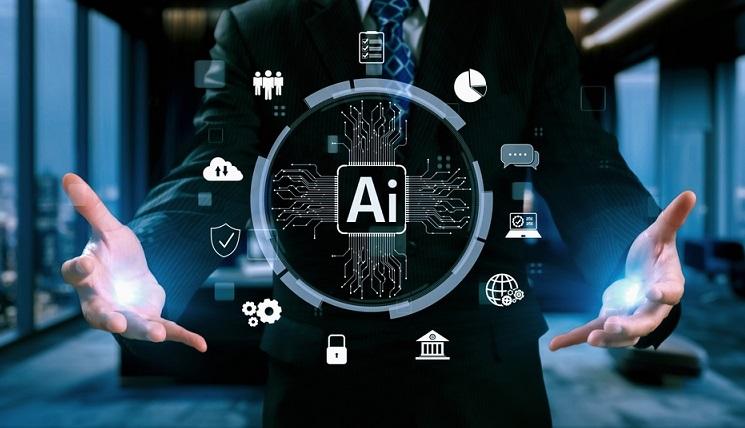The Engine of Innovation: The Rise of German Artificial Intelligence

Germany, a nation renowned for its engineering prowess and industrial might, is now at the forefront of a new technological revolution, driven by the rapid adoption of German Artificial Intelligence. AI in the German context is being strategically applied to enhance the country's core economic strengths. This involves the integration of machine learning, computer vision, and natural language processing into industrial manufacturing (Industry 4.0), automotive engineering, and healthcare. Unlike in some other nations, the focus in Germany is less on consumer-facing AI and more on creating highly efficient, intelligent, and autonomous industrial systems. This approach aims to build upon the nation's "Mittelstand" (small and medium-sized enterprises) and large corporations, using AI not just as a software tool, but as a fundamental component for designing the next generation of smart factories, autonomous vehicles, and personalized medicine, solidifying its position as a global technology leader.
This strategic focus on industrial and enterprise AI is fueling a market of immense scale and economic importance. The nation's AI industry is on a clear and powerful growth trajectory, with its market size projected to expand from USD 20.95 billion in 2024 to a substantial valuation of USD 57.25 billion by the year 2035. This impressive expansion is a direct reflection of the deep and sustained investment being made by both the public and private sectors. The German government's "AI Strategy" is channeling billions into research and development, while the country's world-leading corporations are aggressively integrating AI to maintain their competitive edge. This synergy between policy and industry is creating a vibrant and rapidly growing ecosystem for AI innovation, driving this robust and long-term market expansion.
The benefits of this AI adoption are already becoming evident across the German economy. In the manufacturing sector, AI-powered predictive maintenance is reducing unplanned downtime for machinery, while computer vision is being used for automated quality control, leading to higher quality products and lower costs. In the automotive industry, AI is the core technology driving the development of autonomous driving systems and optimizing complex supply chains. The healthcare sector is using AI to analyze medical images with greater accuracy and to develop personalized treatment plans based on a patient's genetic data. These practical, high-value applications demonstrate that Germany is successfully translating its research strength in AI into tangible economic and societal benefits, boosting productivity and creating new opportunities.
Looking ahead, the future of German AI is tied to its ability to foster a strong talent pipeline and navigate complex ethical and regulatory landscapes. The country is investing heavily in AI education and research at its world-class universities and research institutes like the DFKI (German Research Center for Artificial Intelligence). A key focus is on developing "explainable AI" (XAI) and trustworthy AI systems that comply with the European Union's stringent data privacy regulations (GDPR). By championing an approach to AI that is both innovative and human-centric, Germany aims to build a sustainable and globally competitive AI ecosystem that is built on a foundation of technical excellence and ethical responsibility.
Explore Our Latest Trending Reports:
- Art
- Causes
- Crafts
- Dance
- Drinks
- Film
- Fitness
- Food
- الألعاب
- Gardening
- Health
- الرئيسية
- Literature
- Music
- Networking
- أخرى
- Party
- Religion
- Shopping
- Sports
- Theater
- Wellness
